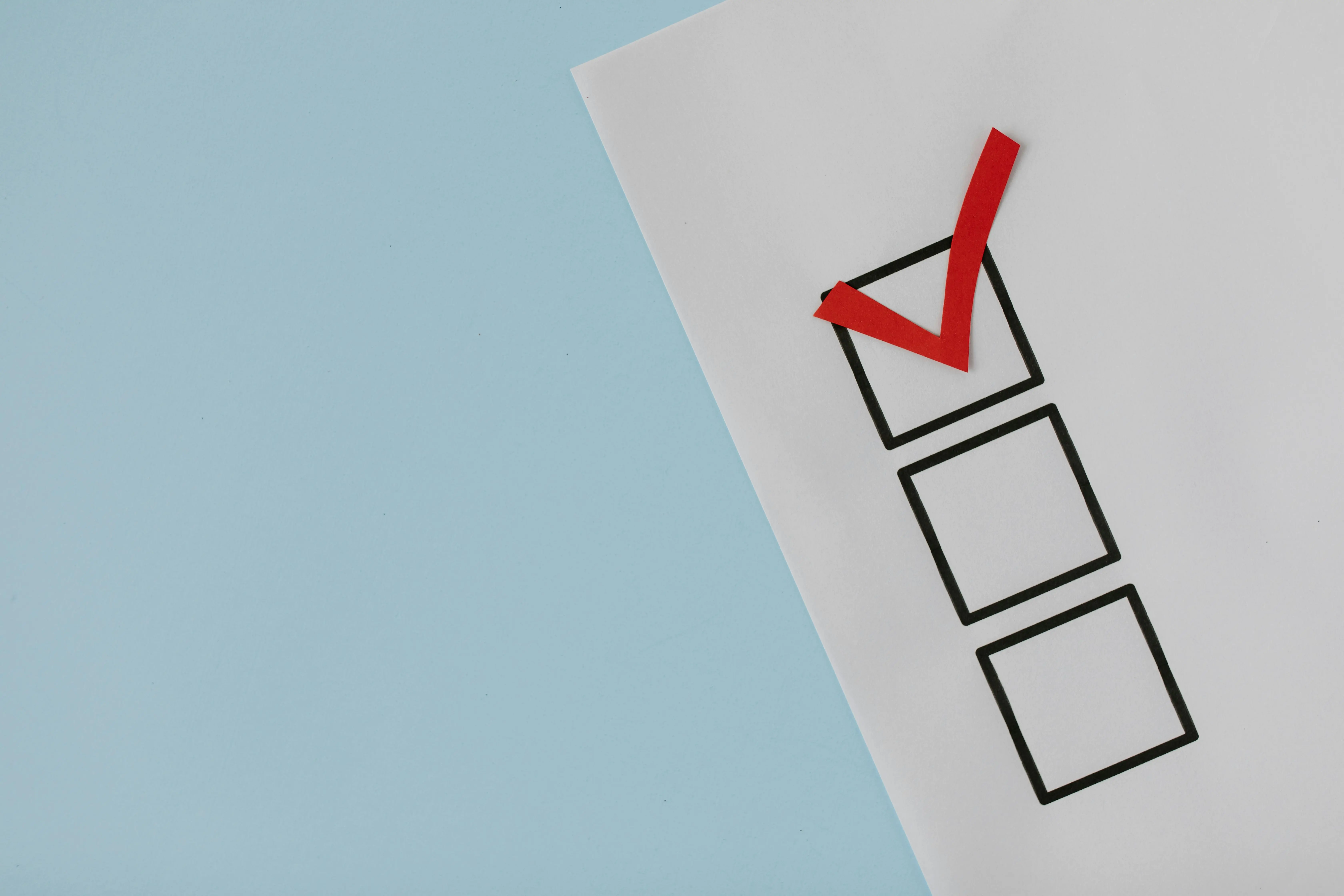Buying a home in Canada is already challenging, but if you’re self-employed, it’s even harder. Traditional lenders often view small business owners as risky borrowers, even when your income is strong. You might have the cash flow to afford a mortgage, but proving it on paper can be a major barrier.
You’re asked for more documentation, more years of tax returns, and stricter credit qualifications than someone with a regular paycheque. Worse, writing off legitimate business expenses could lower your reported income and shrink your borrowing power. It can feel like the system is stacked against entrepreneurs trying to build long-term stability through homeownership.
The good news? Buying a home as a small business owner is absolutely possible, with the right preparation and strategy. Whether you’re applying through a traditional lender, working with a mortgage broker, or exploring a rent-to-own option like Requity Homes, this guide will show you how to navigate the home buying process, strengthen your financial profile, and secure the home you want, even without a 9-to-5 job.
Key takeaways
- If you're self-employed, banks need more proof that your income is steady and reliable.
- Having good credit, saving up a bigger down payment, and keeping your financial paperwork organized will help you get approved.
- Working with a mortgage broker, accountant, and real estate agent who understand self-employment can make the process much easier.
- If a mortgage isn’t an option right now, rent-to-own can be a smart way to move into a home while you get ready to buy
What do lenders look for in self-employed buyers?
When applying for a mortgage, salaried employees often only need recent pay stubs and a T4 slip. Small business owners must work harder to prove their income is stable and that they can repay the loan. Lenders want to see at least two years of consistent net income, ideally supported by audited financial statements and filed tax returns.
Lenders will assess self-employed home buyers for:
- How long you’ve been in business: typically 2+ years of steady operation. Buying a home as a new business owner can be more challenging.
- How stable your income is: lenders prefer year-over-year growth or consistency
- The type of legal entity: incorporated businesses may be viewed more favourably than sole proprietorships
- What taxable income you report: approvals are based on net income, not gross revenue
Being self-employed doesn’t disqualify you, but you’ll need to meet traditional income verification standards with more documentation.
Read more about self-employed mortgages
9 steps to buy a house as a small business owner
1. Prepare the documents lenders will ask for
To demonstrate income reliability, you'll need to submit more documents than a salaried employee. These help lenders assess your creditworthiness, cash flow, and repayment ability.
To buy a home, business owners should be prepared to share:
- Personal tax returns (T1 Generals) for the past 2–3 years
- CRA Notice of Assessments (NOAs) to confirm taxes paid and income reported
- Business financial statements (profit & loss, balance sheets)
- Articles of incorporation or business license
- Bank statements, retained earnings, and client contracts to show ongoing business activity
Records should be accurate and ideally reviewed by a tax consultant or accountant. Inconsistent income or errors could create delays during mortgage financing approval.
2. Improve your credit and reduce your debt
Your credit bureau score plays a major role in determining both your mortgage eligibility and interest rate. For favourable premium rates, aim for a score of 680 or higher.
Ways to improve your credit profile as a business owner:
- Keep credit utilization below 30%
- Avoid frequent applications for lines of credit or loans
- Pay bills on time, including credit cards, business loan payments, and utilities
- Review your credit report regularly for errors
Lenders will also evaluate your Gross Debt Service (GDS) and Total Debt Service (TDS) ratios. If you're carrying too much debt, including term loans or a line of credit, pay some of it down before applying.
Read more about how to improve your credit score
3. Report enough income to qualify
Many business owners lower their tax bill through tax deductions, capital cost allowance, or working capital costs, but this can reduce the income lenders use to assess your mortgage eligibility.
Lenders look at your net taxable income, not gross sales or revenue. If you're showing minimal income after deductions, you may not qualify for enough financing—even if your cash flow is strong.
Business owners can improve odds of mortgage approval by:
- Limiting aggressive write-offs before applying
- Working with your accountant to balance tax efficiency with mortgage readiness
- Exploring allowable add-backs such as depreciation, vehicle expenses, or taxable benefits
4. Build a stronger down payment strategy
Down payments are a key part of the application, especially for self-employed borrowers. The larger your down payment, the stronger your application—particularly if you're relying on stated income or alternative lenders.
Minimum down payment requirements for business owners:
- 5% for homes under $500,000
- 10% for homes between $500,000–$999,999
- 20% or more if you have limited documentation or rely on rental income
A down payment of 20% or more can help you avoid mortgage loan insurance from providers like CMHC and access lenders who don’t require traditional income proof. Acceptable sources include personal savings, RRSPs (Home Buyers’ Plan), or gifted funds (with documentation).
Note: If you’ve sold a rental property or business asset, ensure your capital gain is reported properly—this could also affect your eligibility for the principal residence exemption.
5. Find the right mortgage as a business owner
Your path to approval depends on your income sources, credit score, and how much of a down payment you can offer. Self-employed buyers often have access to the same financing products, but through different channels.
A-lenders (Banks, credit unions):
- Best for borrowers with 2+ years of clean tax filings
- Require full documentation and traditional income verification
- Lower interest rates, but stricter criteria
B-lenders:
- More flexible with stated income or fluctuating earnings
- Accept supporting documents like contracts, invoices, and cash flow summaries
- Higher rates, but useful for newer businesses or complex files
Read more about b-lenders
Private lenders:
- Focus more on the property and fair market value than your income
- Useful for short-term solutions or unconventional profiles
- Higher legal fees, interest rates, and shorter terms
Read more about private lenders
Tip: A mortgage broker can match you with lenders who understand self-employed income and help present your finances in the best light for approval.
6. Get expert help tailored to your business
Working with experienced professionals can simplify the process and improve your chances of approval. Choose a team that understands the unique challenges of property ownership as a business owner.
As a business owner, your advisory team should include:
- A mortgage broker familiar with self-employed clients
- A tax consultant or accountant who can optimize your income tax filings and minimize red flags
- A real estate agent who understands legal considerations, closing timelines, and the land transfer process
- A lawyer to handle legal fees, contracts, and rent-to-own reviews, if needed
Don’t underestimate the value of professional advice, well-structured applications make approval smoother.
7. Time your application to your strongest financial year
Timing matters, especially if your income varies. Applying after a strong financial year gives lenders a more stable picture of your business growth and ability to handle debt.
Mortgage application tips for business owners:
- Wait until after your business has stabilized post-incorporation or major transition
- Avoid applying immediately after large deductions or low-income years
- Coordinate with your accountant to ensure your financial statements, retained earnings, and Form GST44 (if applicable) align with your application goals
Lenders want a clear, consistent financial story, make sure the timing helps tell it.
8. Consider rent-to-own if you're not mortgage-ready
If your credit, down payment, or income documentation aren’t quite where they need to be, rent-to-own can be a strategic stepping stone.
How rent-to-own homes work:
- You choose a home and sign a lease with the option to purchase later (typically in 2–4 years)
- You pay an option fee up front (credited toward your future down payment)
- A portion of your monthly rent also goes toward your future purchase
- You agree on the future purchase price in advance
Learn more about how the rent-to-own process works
Why rent-to-own works for business owners:
- Gives you time to strengthen income records or credit score
- Locks in a property while you prepare to qualify for a mortgage
- Avoids bidding wars and rising home prices
Tip: Use these free rent-to-own calculators to estimate your future home price, monthly payments, and how much you need to save for your option fee and down payment.
9. Buying your home: From pre-approval to closing
Once you’re ready to move forward, the buying process follows these steps:
- Get pre-approved: Know how much you can afford
- Shop within your price range: Filter based on mortgage approval, down payment, and comfort level
- Submit an offer: Include conditions like financing and inspection
- Finalize your mortgage: Provide final documents, meet lender conditions
- Close the deal: Transfer funds, sign legal documents, and take possession
Extra things to consider for business owners:
- Be ready to explain any income anomalies
- Ensure your down payment source is clearly documented
- Keep business and personal funds separate for easier verification
Homeownership made possible for business owners with Requity Homes
If you're self-employed and not quite mortgage-ready, rent-to-own can give you the opportunity to start building your future today.
Requity Homes is a Canadian rent-to-own provider helping people who:
- Have steady income but lack a two-year business history
- Are working to improve their credit score
- Need time to qualify but want to live in their future home now
With Requity Homes, you can:
- Choose your future home and move in right away
- Lock in the purchase price for 2–4 years
- Build equity through rent credits
- Get guidance to prepare for mortgage approval
Homeownership is possible, even without a mortgage today.
Get pre-qualified with Requity Homes in minutes and explore how Requity Homes can help you turn renting into owning, on your terms.
Frequently asked questions (FAQs) about buying a home as a business owner
Is it hard to get a mortgage when you own a business?
It can be more challenging, yes. Lenders usually ask self-employed applicants for more documents than they ask salaried employees. They want to see at least two years of stable income, clean tax returns, and a strong credit history. If your business income is steady and well-documented, you can still qualify. A mortgage broker who knows self-employed clients can help you.
Can you buy a home with business income?
Yes, you can—as long as the income is properly reported on your personal tax returns. Lenders base mortgage approvals on your declared net income, not gross revenue. You can’t use business funds directly unless they’re transferred and documented as personal income. A licensed accountant can help make sure your income is structured in a way that supports your mortgage application.
Can I qualify for a mortgage with less than two years of business history?
Most banks require at least two years of self-employment income. Some B-lenders may approve you with less time. This is more likely if you have a strong credit score, a larger down payment, and stable income shown by invoices, contracts, or bank statements. If you're newly incorporated but have prior experience in your field, that can also help. For those not yet eligible, rent-to-own programs can offer a way to secure a home while building your mortgage file.
Is stated income a legitimate option for self-employed home buyers?
Yes, stated income mortgages are available through alternative lenders for self-employed buyers who can’t fully document their income through tax returns. You must show steady business activity through bank deposits or client contracts. You will probably face higher interest rates and need a bigger down payment. It’s a valid option if your reported income doesn’t reflect your actual earning power.
Can I use my business income as a down payment for a home?
You can, but the funds must be transferred to your personal account and properly documented. Lenders need to check where your down payment comes from. Your business income must show as personal income. You can do this through dividends, salary, or transfers. You must support this with bank statements. Talk to your accountant to ensure it's structured in a way lenders will accept.
Is Requity Homes a trustworthy rent-to-own provider for business owners?
Yes. Requity Homes is a Canadian rent-to-own company that supports self-employed buyers who don’t yet qualify for a mortgage.






